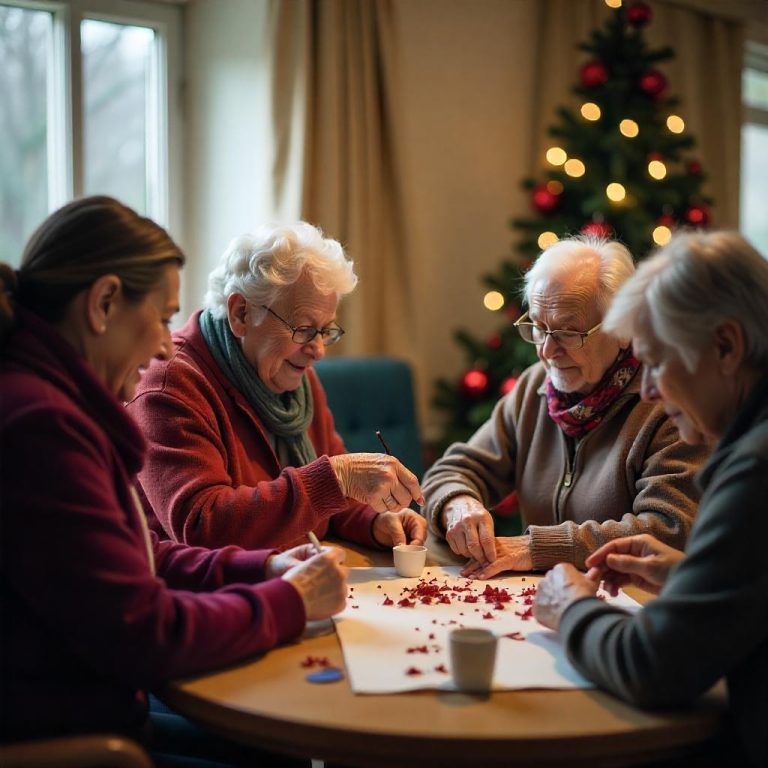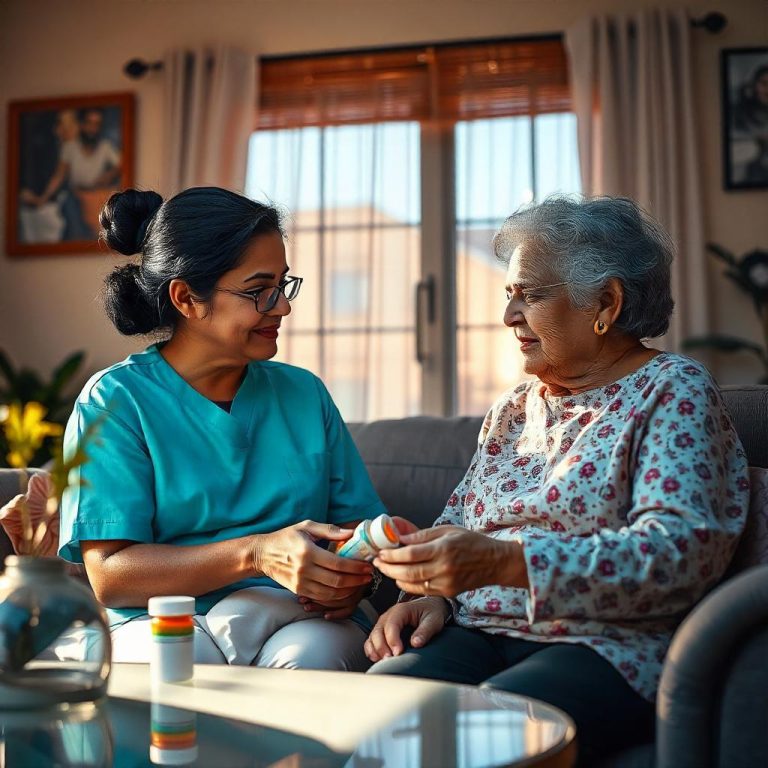Non-medical elder care focuses on providing assistance with daily activities, companionship, and emotional support for seniors who do not require medical interventions but benefit from help to maintain their independence. These services ensure that elderly individuals can enjoy a comfortable and safe lifestyle in their own homes or a caregiving environment.
What is Non-Medical Elder Care?
Non-medical elder care encompasses a range of services aimed at addressing the practical and emotional needs of seniors. Unlike medical care, which involves clinical treatments and healthcare procedures, non-medical support focuses on enhancing quality of life through personalized, hands-on assistance with routine tasks and social engagement.
Common Non-Medical Elder Care Services
- Personal Care Assistance
- Help with bathing, grooming, dressing, and toileting.
- Support maintaining personal hygiene and a neat appearance.
- Meal Preparation and Nutrition
- Assistance with planning and preparing nutritious meals.
- Monitoring dietary restrictions and food preferences.
- Light Housekeeping
- Tasks like vacuuming, laundry, and organizing living spaces.
- Keeping the home environment clean and clutter-free for safety.
- Companionship
- Engaging in conversations, hobbies, and recreational activities.
- Accompanying seniors to social events or outings.
- Transportation
- Driving seniors to appointments, grocery stores, or community events.
- Ensuring safe and reliable mobility outside the home.
- Errands and Shopping
- Assisting with grocery shopping and picking up prescriptions.
- Managing day-to-day errands on behalf of the senior.
- Mobility Assistance
- Helping seniors move around the house or use mobility aids.
- Preventing falls and ensuring physical safety.
- Emotional Support
- Providing companionship to alleviate loneliness and isolation.
- Listening and offering empathy to enhance mental well-being.
Benefits of Non-Medical Elder Care
- Promotes Independence
By assisting with specific tasks, non-medical care enables seniors to remain independent and active in their daily lives. - Improves Quality of Life
Personalized care and attention enhance seniors’ comfort, happiness, and overall well-being. - Reduces Family Stress
Non-medical caregivers provide valuable support for families, allowing them to focus on their relationship with the senior rather than solely on caregiving responsibilities. - Flexible and Affordable Options
Services can be customized to suit individual needs, often making them more cost-effective than medical care solutions. - Encourages Social Interaction
Regular companionship and activities combat loneliness and foster meaningful connections.
Who Can Benefit from Non-Medical Elder Care?
Non-medical elder care is ideal for:
- Seniors who need help with daily tasks but do not require medical assistance.
- Families seeking support to balance caregiving responsibilities.
- Individuals recovering from illness or injury who need temporary assistance.
- Elderly individuals experiencing isolation or loneliness.
Types of Non-Medical Care Providers
- In-Home Caregivers
Professional caregivers who provide one-on-one support in the senior’s home. - Senior Companion Services
Focused on providing friendship and emotional support. - Adult Day Care Centers
Offer structured activities and supervision during the day. - Volunteer Programs
Community organizations that connect seniors with volunteers for assistance and companionship.
Finding the Right Non-Medical Elder Care Help
- Assess Needs: Determine which tasks or areas of life require the most support.
- Research Providers: Look for licensed, insured, and experienced caregivers or agencies.
- Check References: Read reviews or ask for testimonials from other clients.
- Discuss Costs: Compare pricing structures and explore financial assistance options.
- Interview Caregivers: Meet with potential caregivers to ensure compatibility and trust.
Non-medical elder care bridges the gap between independent living and full-time caregiving, offering practical and emotional support to seniors in need. With the right provider, elderly individuals can age gracefully while maintaining their dignity and comfort.






